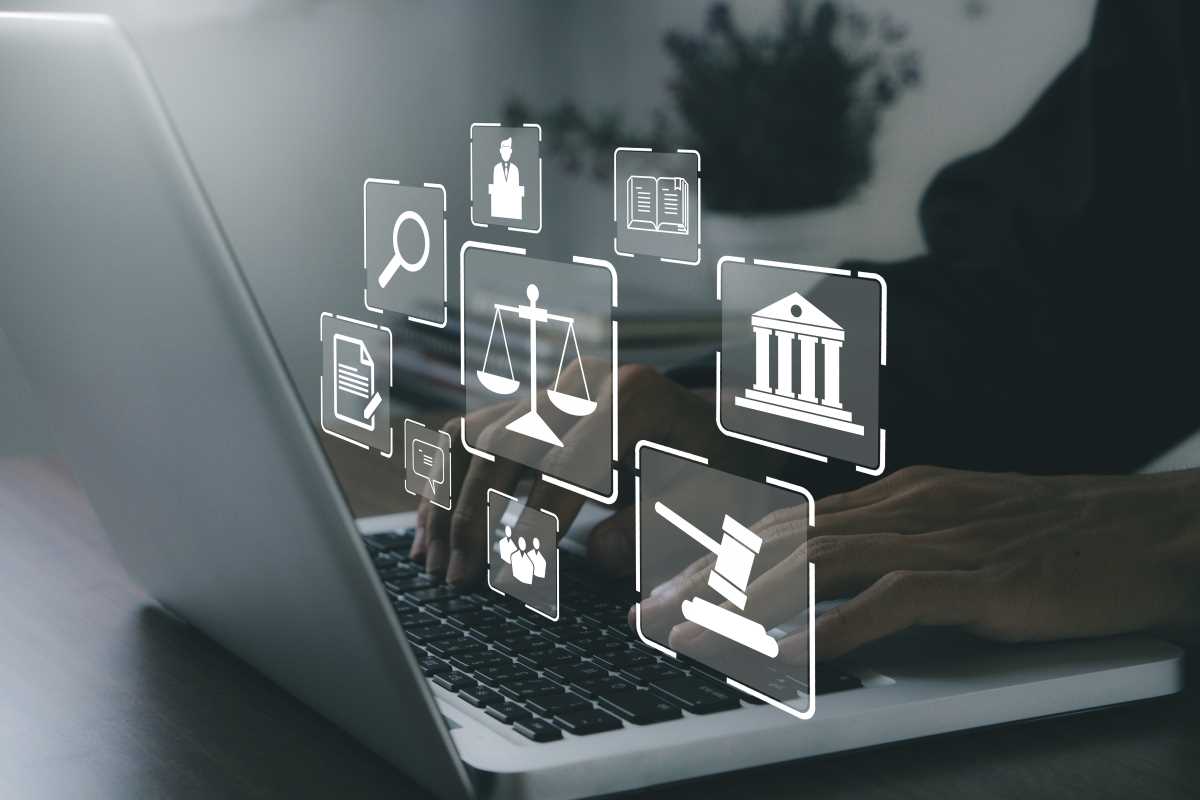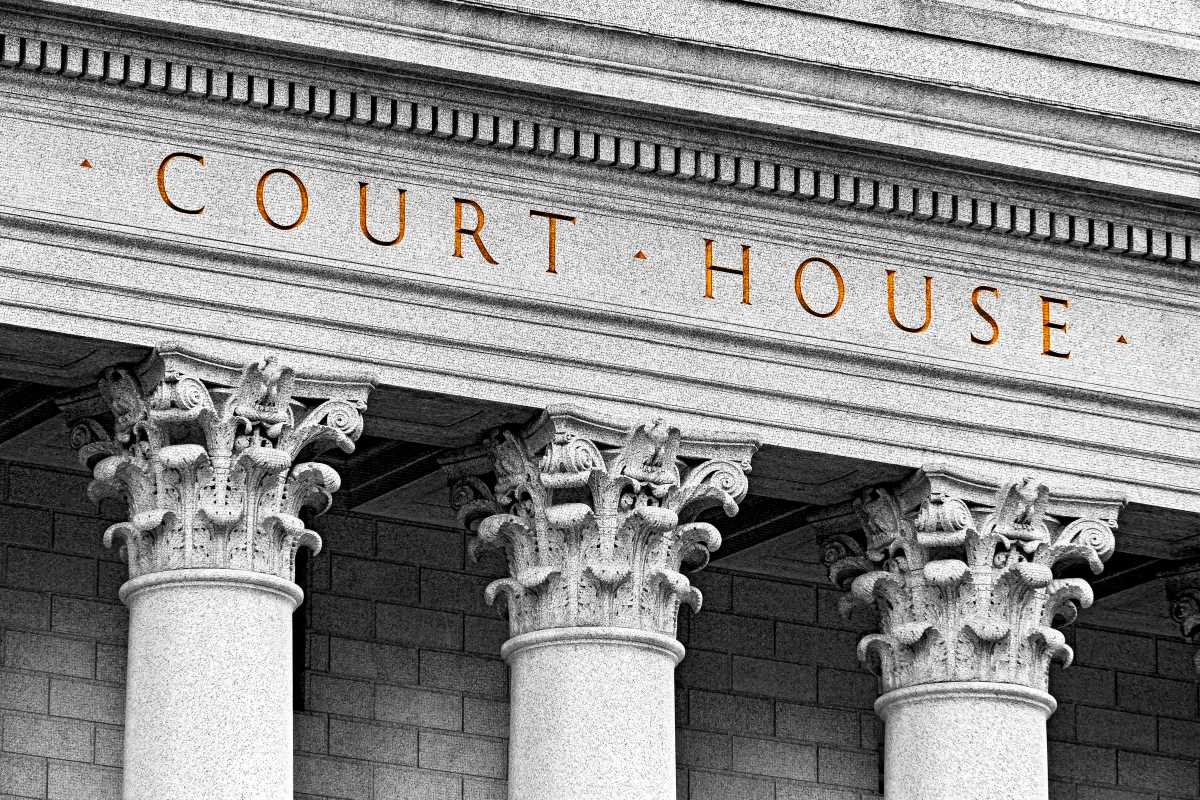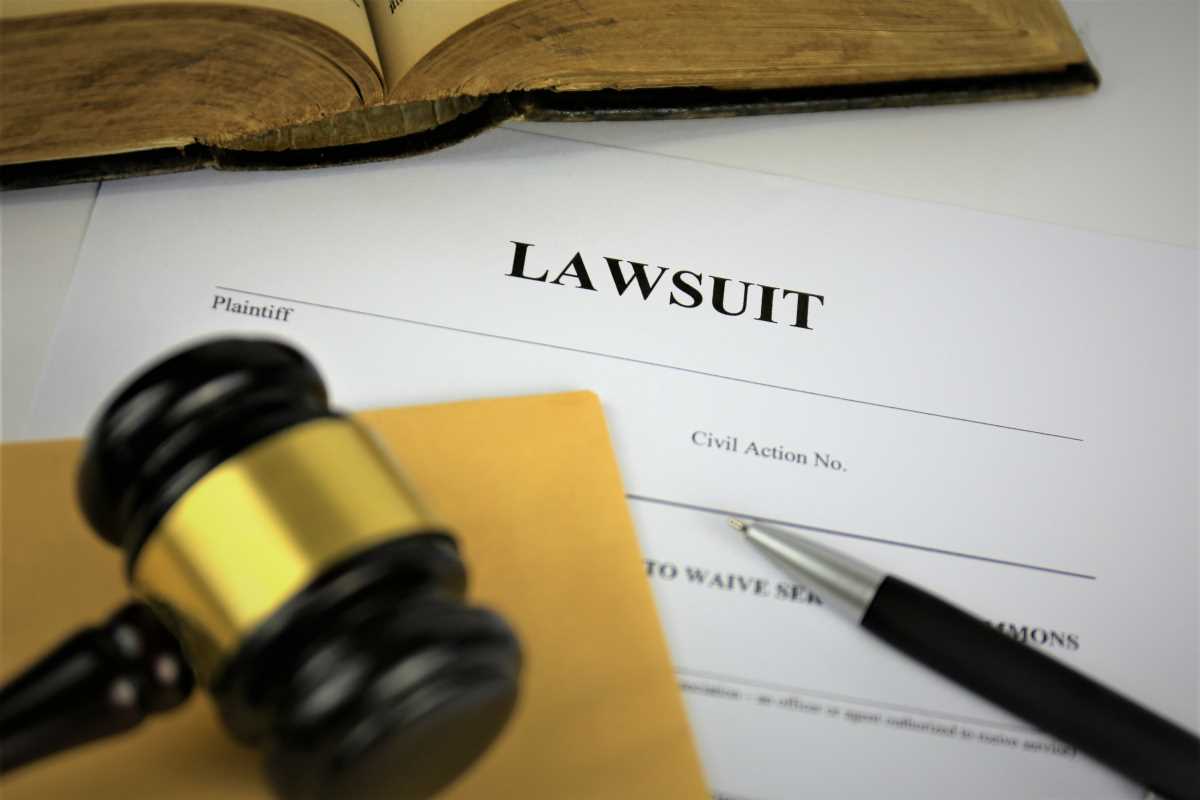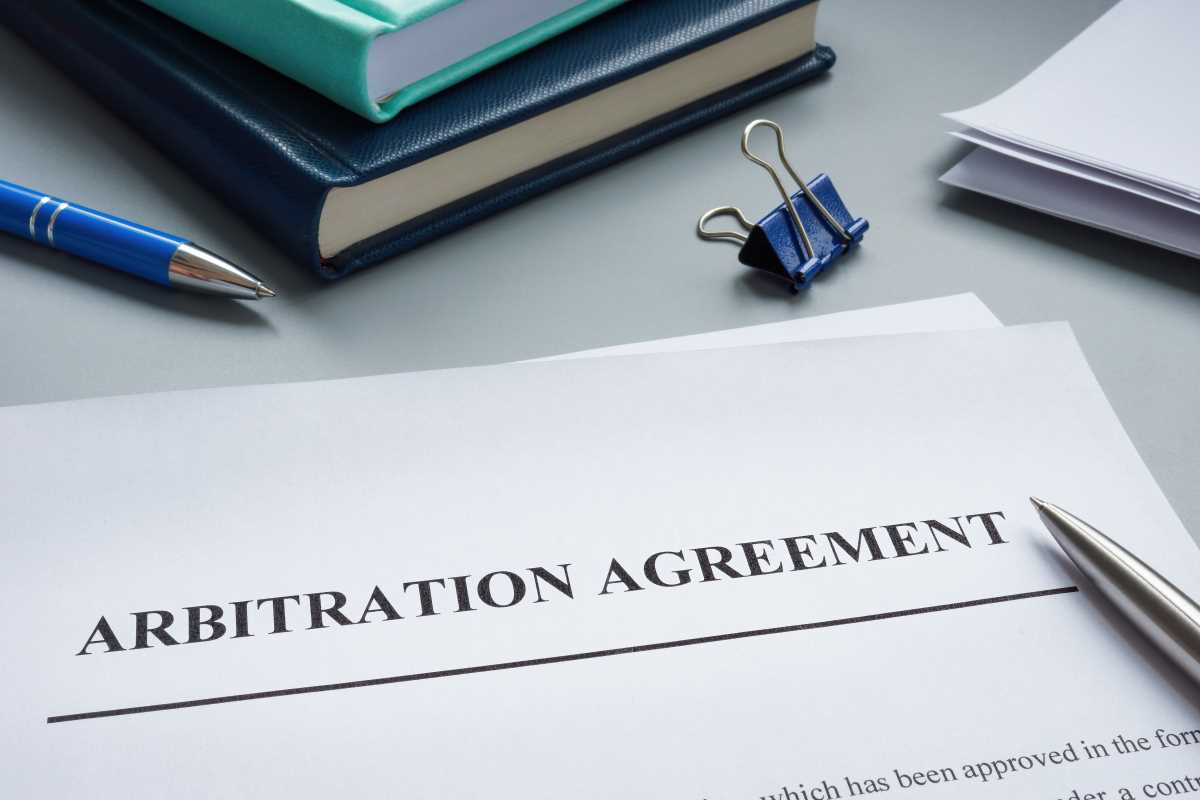Understanding your legal rights is an essential part of navigating everyday life. Whether you're making personal decisions, managing a business, or entering agreements, having a clear grasp of your rights provides protection and confidence. Legal rights dictate how we enter contracts, protect our property, and interact with employers, employees, and consumers. They serve as the foundation for fair treatment in business and personal dealings, ensuring accountability in our communities and workplaces.
Let's explore the vital legal rights individuals and businesses need to understand, such as property rights, employment laws, consumer protections, and contracts. It simplifies concepts that may initially seem overwhelming so that you can make informed decisions and avoid potential legal issues. Whether you’re a business owner, an employee, or a consumer, these insights will help you better manage your responsibilities while standing up for your rights.
Business Legal Rights
1. Contractual Rights
Contracts are legally binding agreements between parties. Businesses must understand their contractual rights to ensure they are protected in transactions. A contract should clearly outline the obligations of all parties, payment terms, and dispute resolution methods. If a contract is breached, the affected party has the right to seek legal remedies, such as compensation or contract termination.
2. Intellectual Property Rights
Intellectual property (IP) rights protect creations such as inventions, trademarks, copyrights, and trade secrets. Businesses can register patents for inventions, trademarks for brand names and logos, and copyrights for original works. Protecting IP ensures that competitors cannot legally use or profit from an individual’s or business’s innovations without permission.
3. Employment Rights
Employers and employees have legal rights that must be upheld. Employees have rights regarding wages, working hours, discrimination protection, and workplace safety. Businesses must adhere to employment laws to avoid legal disputes and maintain a fair work environment. Employers also have rights, including the ability to enforce workplace policies and terminate employees for justifiable reasons.
4. Liability and Consumer Protection
Businesses are legally responsible for ensuring that their products or services do not harm consumers. Consumer protection laws require businesses to provide accurate information, honor warranties, and avoid fraudulent practices. If a consumer is harmed due to negligence, they have the right to seek legal action against the business.
5. Regulatory Compliance
Businesses must comply with industry regulations and local, state, and federal laws. These regulations may include tax laws, environmental laws, and licensing requirements. Failing to comply with regulations can lead to fines, lawsuits, and even business closure.
Personal Legal Rights
1. Civil Rights and Liberties
Civil rights protect individuals from discrimination and ensure freedoms such as speech, privacy, and equal treatment under the law. These rights are protected by laws such as the Civil Rights Act and the Constitution. If a person’s rights are violated, they may seek legal recourse through lawsuits or government agencies.
2. Property Rights
Property rights allow individuals to own, use, and transfer property. These rights include ownership of land, homes, and personal belongings. Property owners have the legal right to prevent others from trespassing or using their property without consent.
3. Consumer Rights
Consumers have legal protections when purchasing goods and services. These rights include the right to fair pricing, truthful advertising, and product safety. If a product is defective or falsely advertised, consumers may have the right to a refund, replacement, or compensation.
4. Privacy Rights
Privacy rights protect personal information from being misused by businesses, government agencies, or individuals. Laws such as the General Data Protection Regulation (GDPR) and the U.S. Privacy Act ensure that individuals have control over their personal data and how it is shared.
5. Legal Protections in Disputes
Individuals have the right to legal representation and fair trials if they face legal disputes. This includes the right to an attorney, the right to remain silent, and the right to appeal court decisions. Understanding these rights can help individuals navigate legal challenges more effectively.
Legal rights underpin many aspects of our personal and professional interactions, shaping our experiences within society. By understanding these rights in areas such as property ownership, employment, contracts, and consumer protection, you can establish a strong foundation for navigating challenges and opportunities.
For individuals, knowing your legal rights allows you to stand up against unfair treatment, whether renting a home or interacting with employers. For business owners, respecting both your own rights and those of others fosters trust, transparency, and sustainable growth.
Being informed is your greatest tool in protecting your interests. Whether you are negotiating a contract, forming a business, or resolving a conflict, use your legal rights as a guide to achieving fair outcomes and maintaining accountability.







